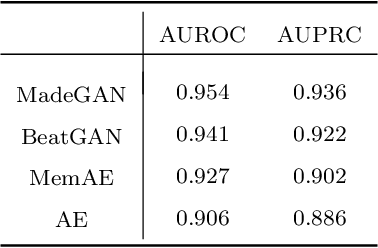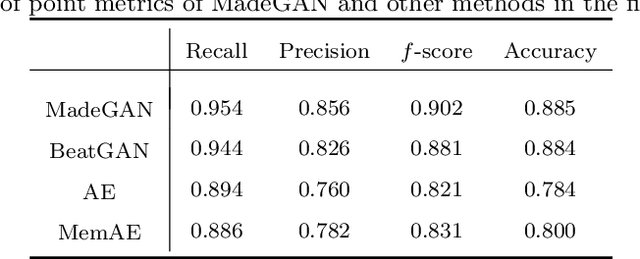Stavros Stavrakis
Automated Identication of Atrial Fibrillation from Single-lead ECGs Using Multi-branching ResNet
Jun 26, 2023



Abstract:Atrial fibrillation (AF) is the most common cardiac arrhythmia, which is clinically identified with irregular and rapid heartbeat rhythm. AF puts a patient at risk of forming blood clots, which can eventually lead to heart failure, stroke, or even sudden death. It is of critical importance to develop an advanced analytical model that can effectively interpret the electrocardiography (ECG) signals and provide decision support for accurate AF diagnostics. In this paper, we propose an innovative deep-learning method for automated AF identification from single-lead ECGs. We first engage the continuous wavelet transform (CWT) to extract time-frequency features from ECG signals. Then, we develop a convolutional neural network (CNN) structure that incorporates ResNet for effective network training and multi-branching architectures for addressing the imbalanced data issue to process the 2D time-frequency features for AF classification. We evaluate the proposed methodology using two real-world ECG databases. The experimental results show a superior performance of our method compared with traditional deep learning models.
Hierarchical Deep Learning with Generative Adversarial Network for Automatic Cardiac Diagnosis from ECG Signals
Oct 19, 2022



Abstract:Cardiac disease is the leading cause of death in the US. Accurate heart disease detection is of critical importance for timely medical treatment to save patients' lives. Routine use of electrocardiogram (ECG) is the most common method for physicians to assess the electrical activities of the heart and detect possible abnormal cardiac conditions. Fully utilizing the ECG data for reliable heart disease detection depends on developing effective analytical models. In this paper, we propose a two-level hierarchical deep learning framework with Generative Adversarial Network (GAN) for automatic diagnosis of ECG signals. The first-level model is composed of a Memory-Augmented Deep auto-Encoder with GAN (MadeGAN), which aims to differentiate abnormal signals from normal ECGs for anomaly detection. The second-level learning aims at robust multi-class classification for different arrhythmias identification, which is achieved by integrating the transfer learning technique to transfer knowledge from the first-level learning with the multi-branching architecture to handle the data-lacking and imbalanced data issue. We evaluate the performance of the proposed framework using real-world medical data from the MIT-BIH arrhythmia database. Experimental results show that our proposed model outperforms existing methods that are commonly used in current practice.
 Add to Chrome
Add to Chrome Add to Firefox
Add to Firefox Add to Edge
Add to Edge